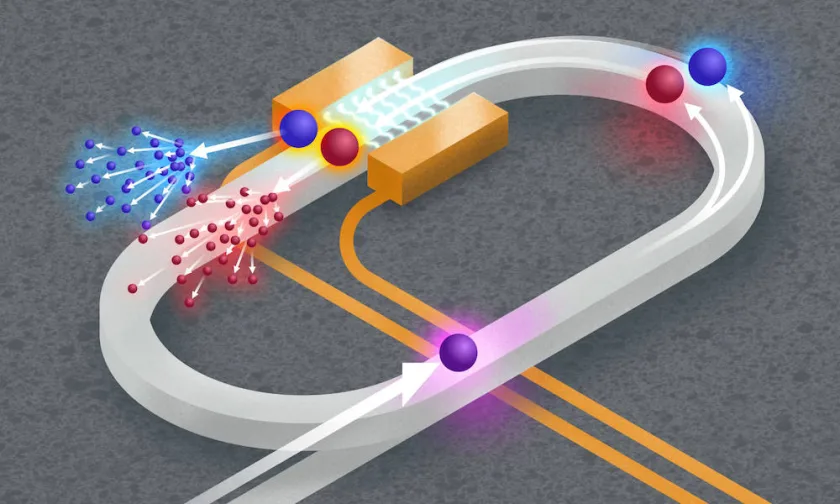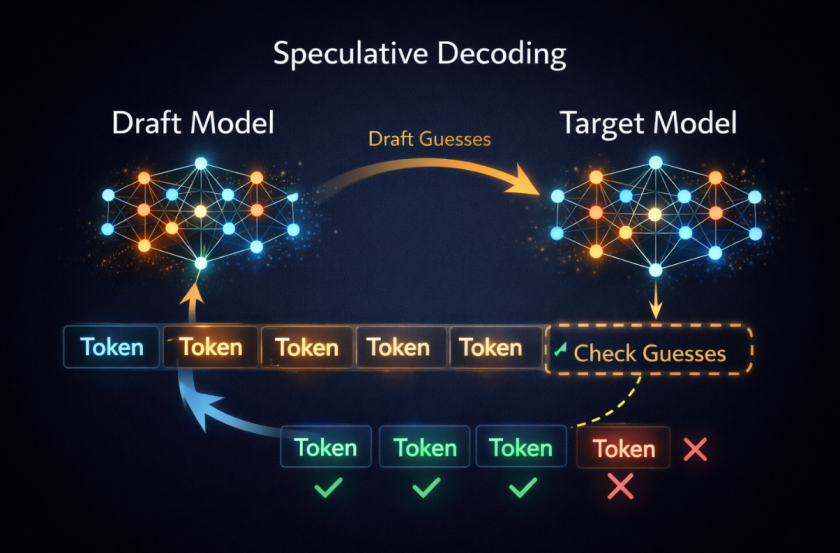
A team of researchers have successfully simulated complex natural phenomena at the quantum level. Scientists at the University of Rochester’s Hajim School of Engineering & Applied Sciences have developed a chip-scale optical quantum simulation system.
Conventionally, photonics-based computing involves controlling the paths of photons. This time, the team led by Qiang Lin has taken a different approach. According to which, they have simulated the phenomena in a synthetic space. And they have manipulated the frequency, or color, of quantum entangled photons as time progresses.
This innovative approach not only reduces the physical footprint of the system but also lowers the resource requirements.
By using this chip-scale optical quantum simulation system, scientists may be able to overcome the limitations faced by classical computers when simulating complex quantum phenomena.
The ability to simulate such phenomena at the quantum level could have significant implications for various fields, including physics, chemistry, material science, and even drug discovery.
Extended the dimensions of the synthetic space
As stated by Qiang Lin, the achievement of producing a quantum-correlated synthetic crystal is a significant breakthrough. The approach has crossed the conventional boundaries and extends the dimensions of the synthetic space.
The tech has enabled them to perform simulations of various quantum-scale phenomena, including random walks of quantum entangled photons.
By successfully demonstrating this proof-of-principle experiment, the researchers have laid the groundwork for more intricate simulations and computational tasks in the future.

Takeaway
By scaling up these simulations, the researchers have opened the doors for exploring and understanding more complex quantum phenomena.
Additionally, they would be in a better position to investigate a wide range of quantum systems and their behaviors.
Over all, the advancement may have far-reaching implications in fundamental research, such as studying quantum materials, quantum chemistry, and quantum information processing.



